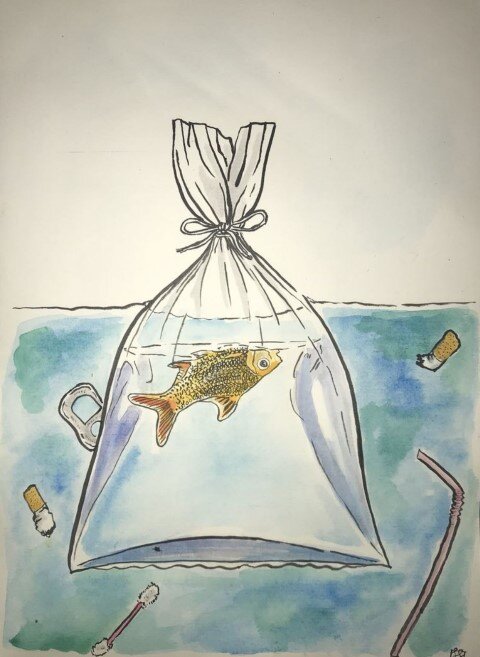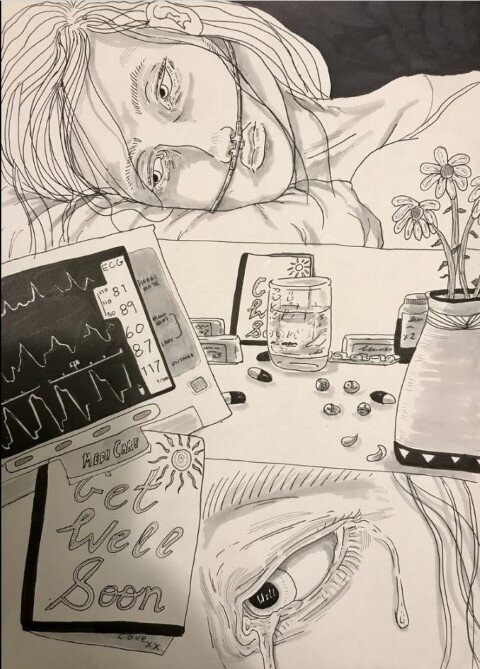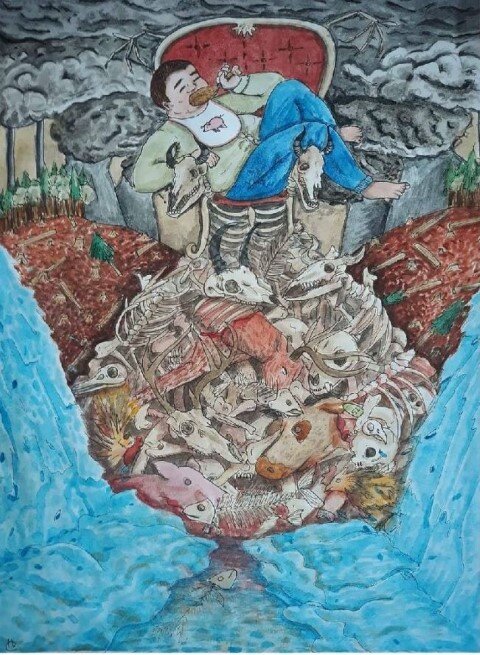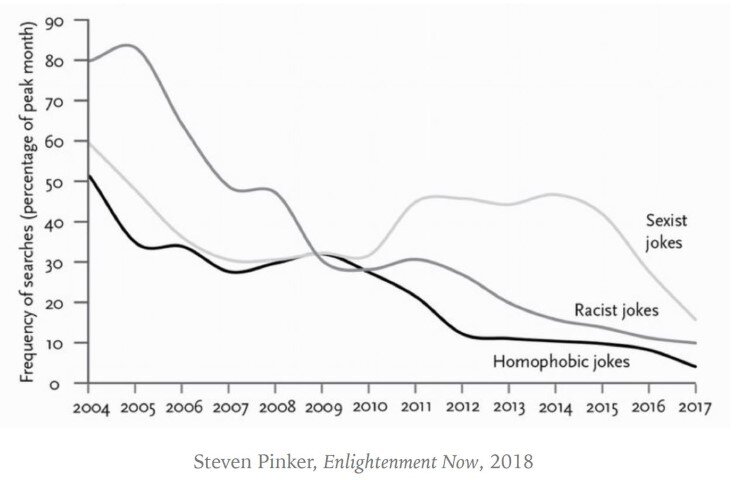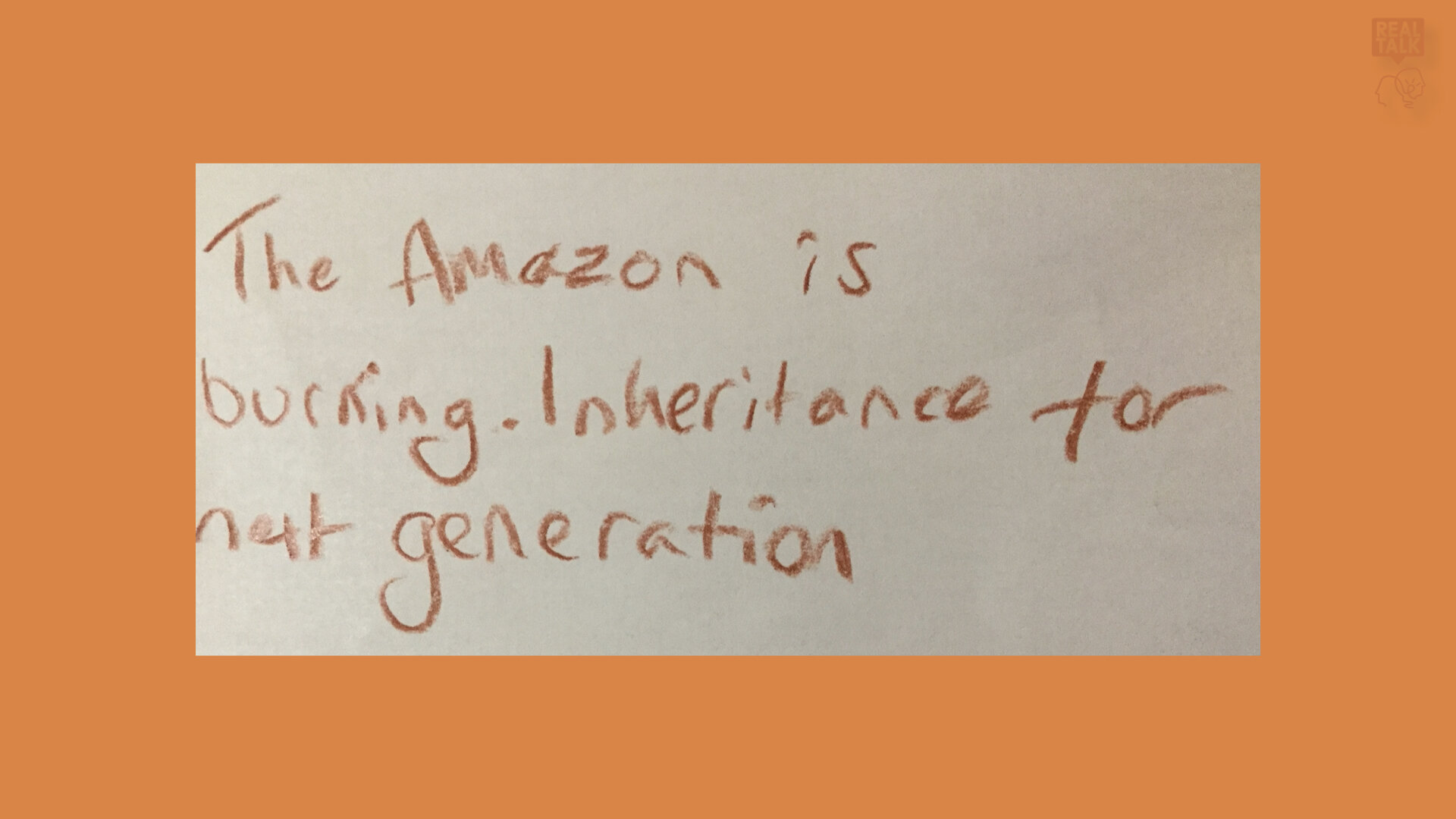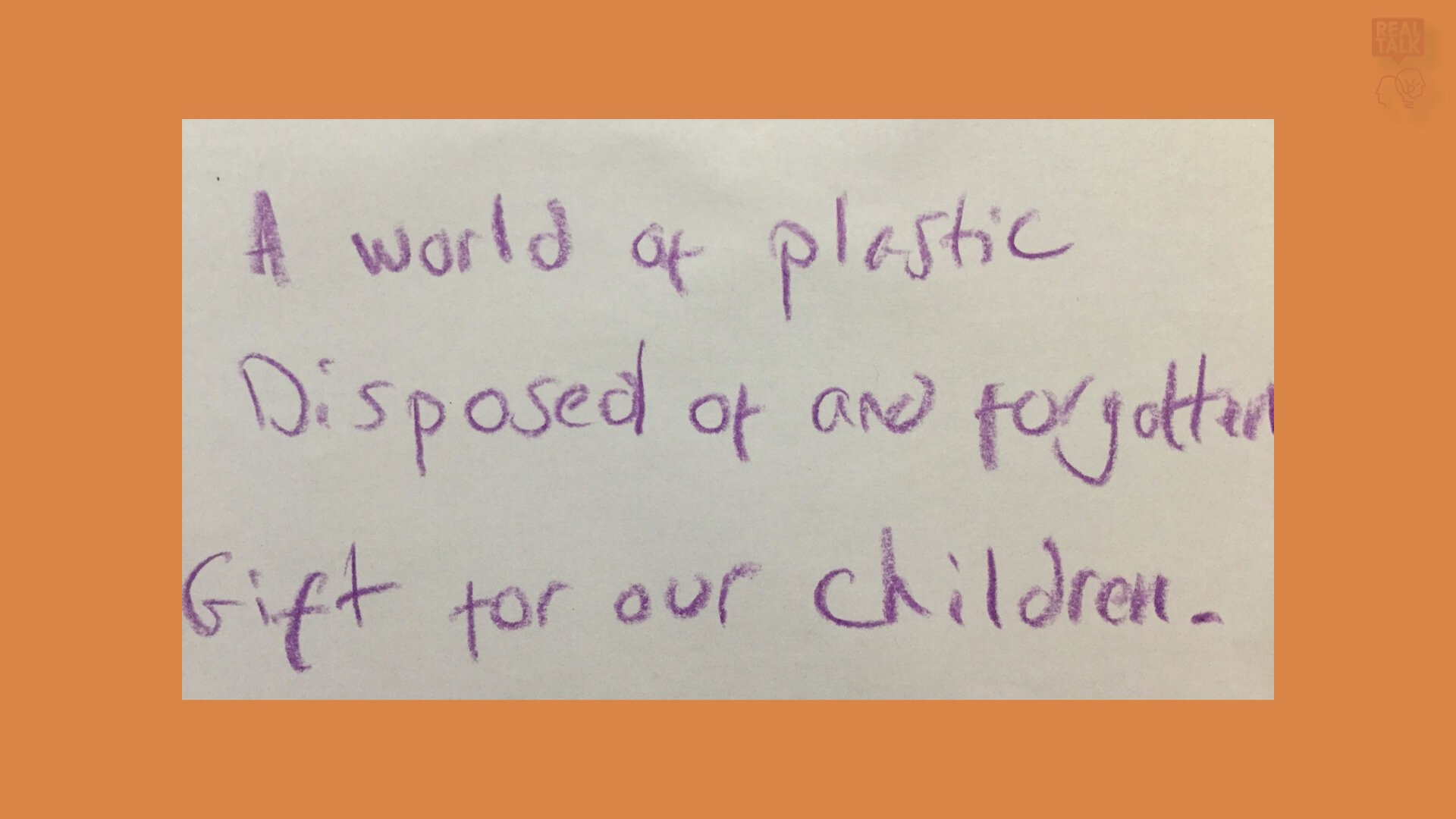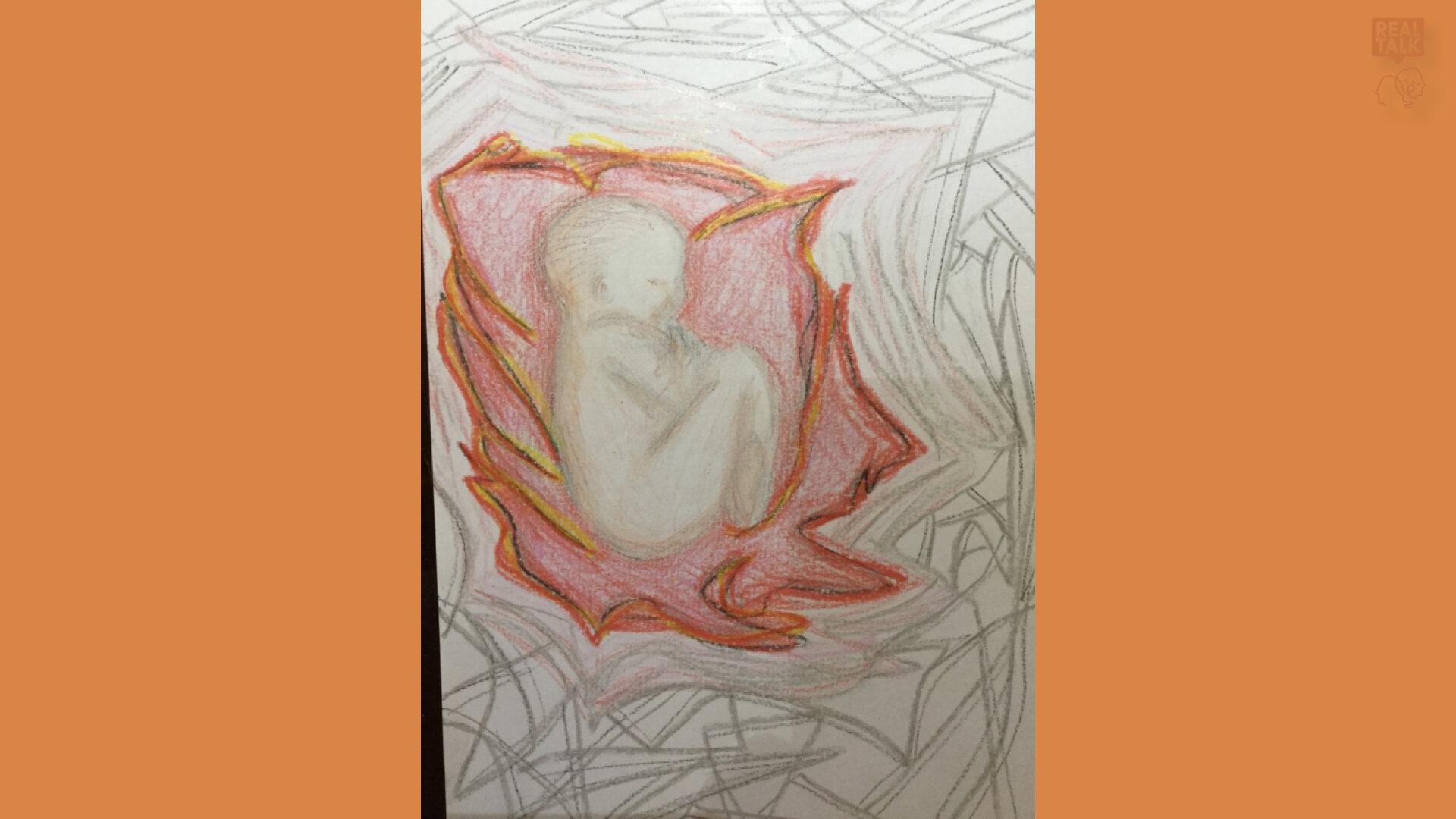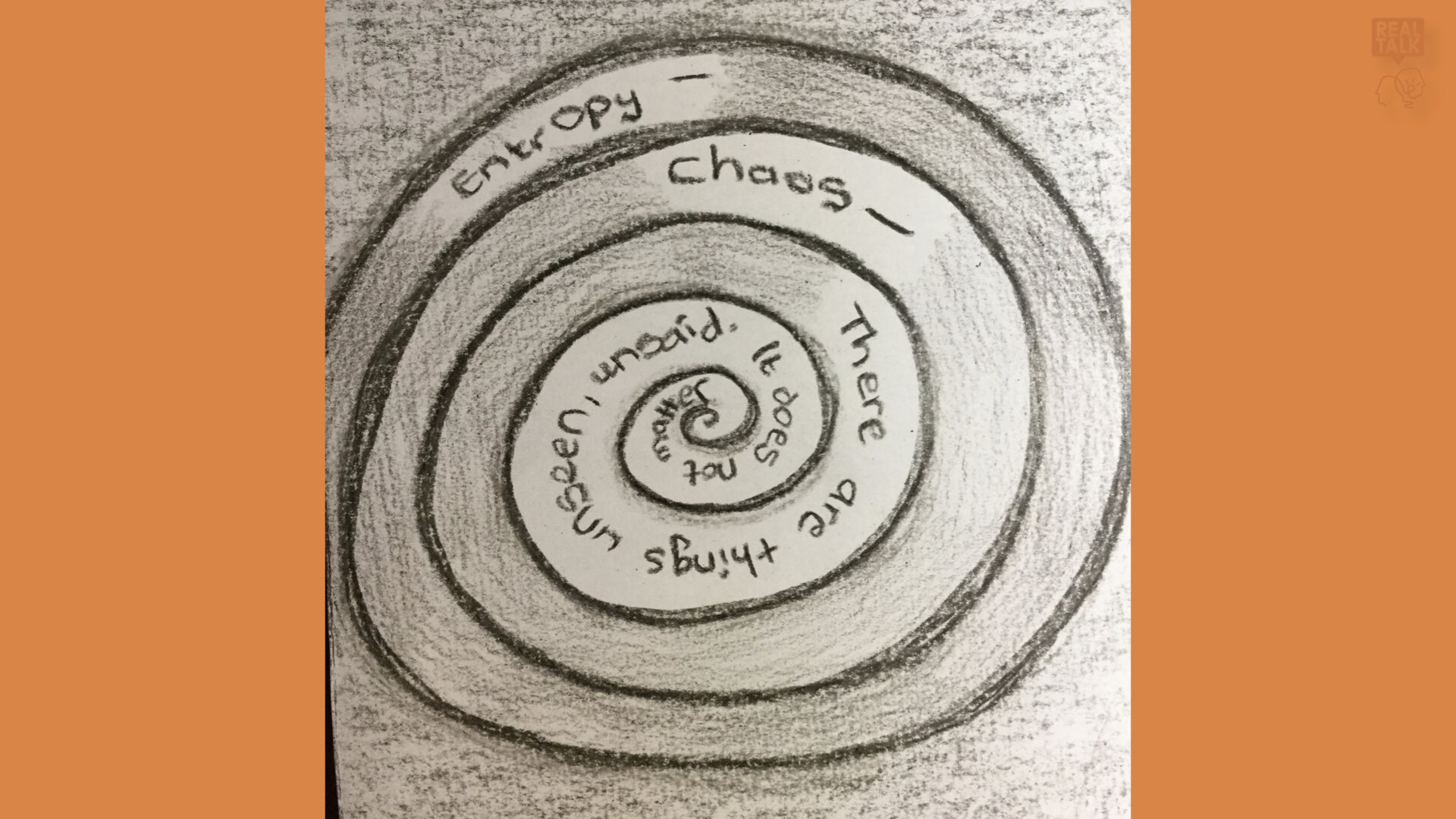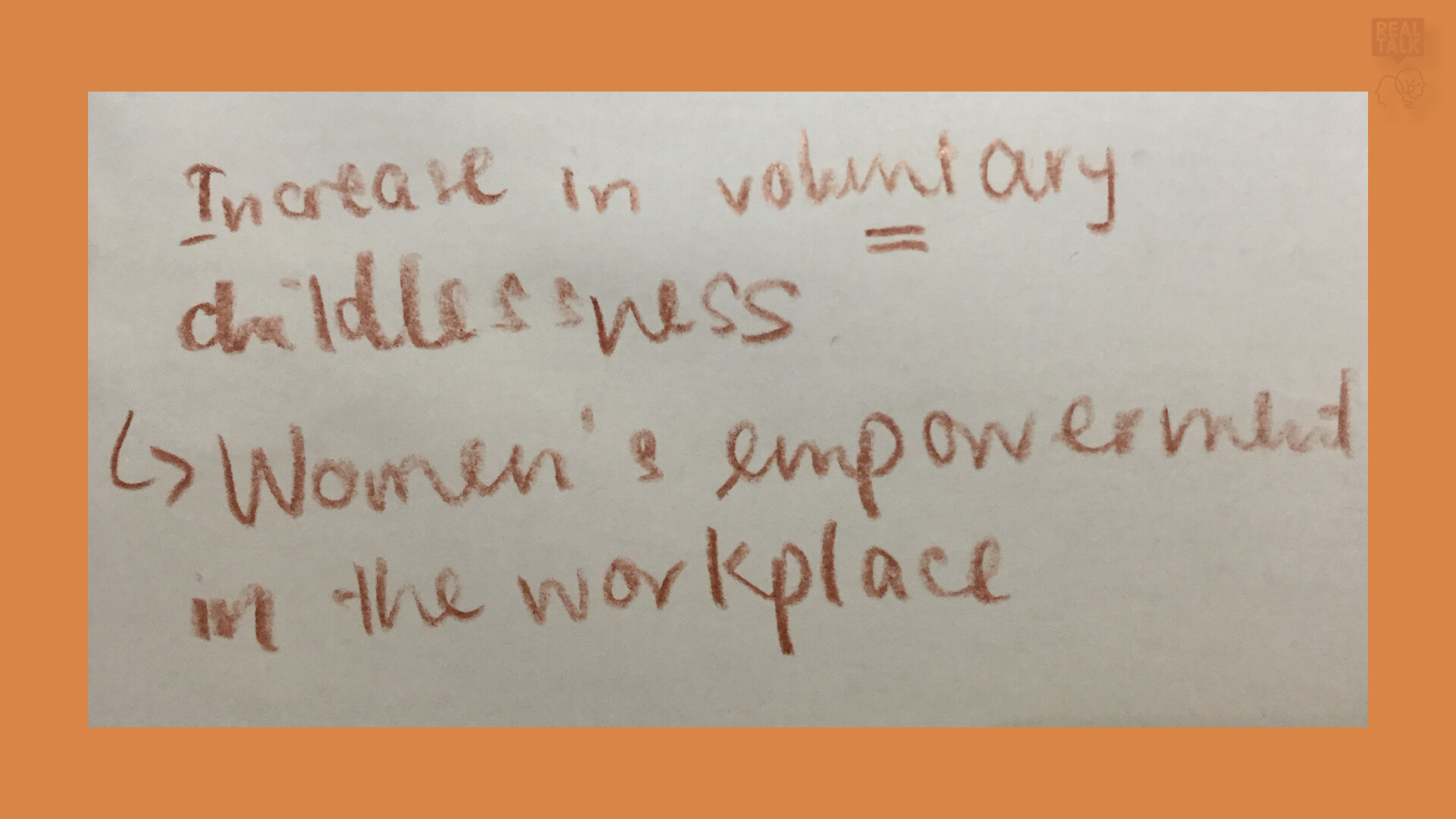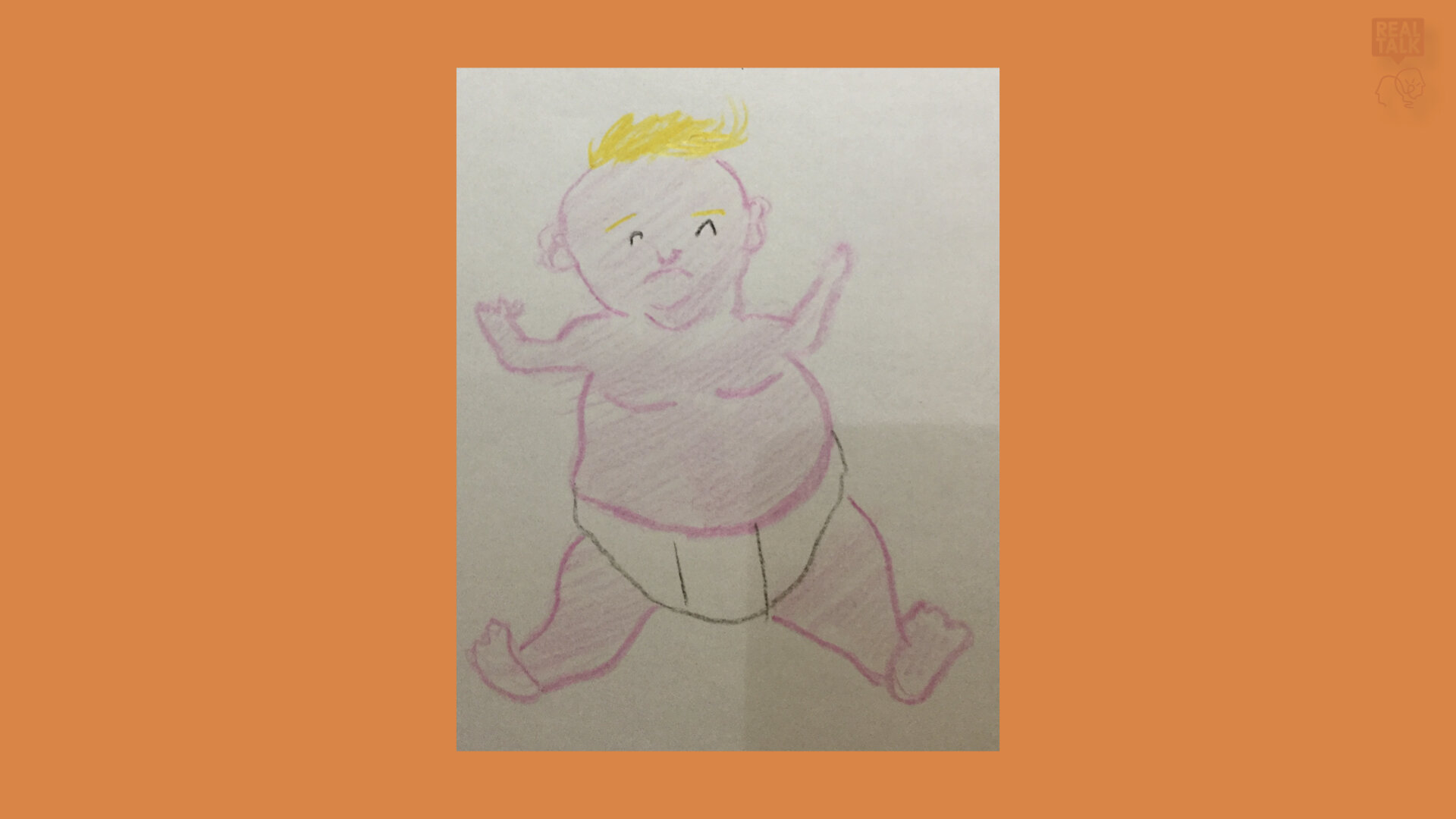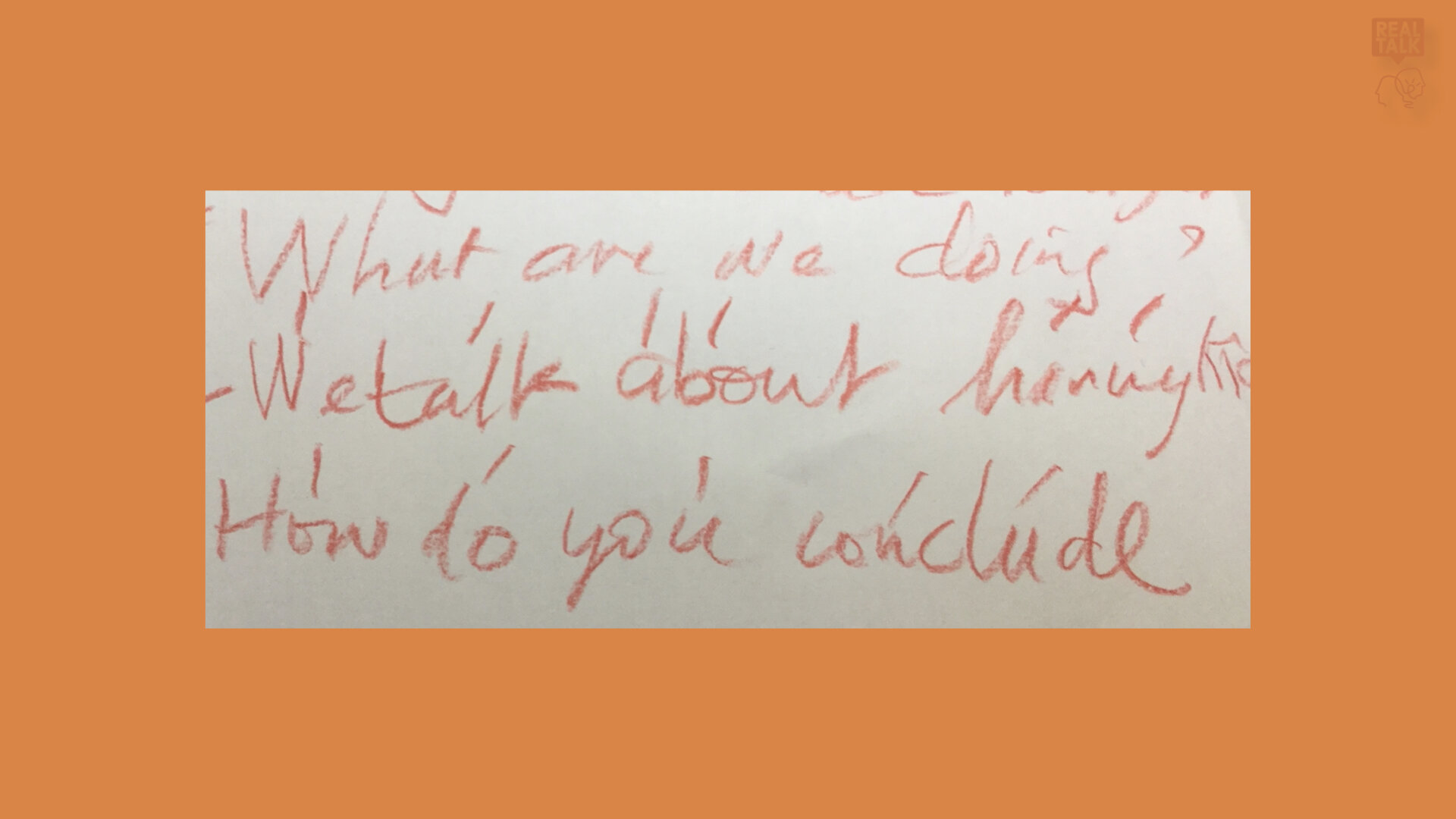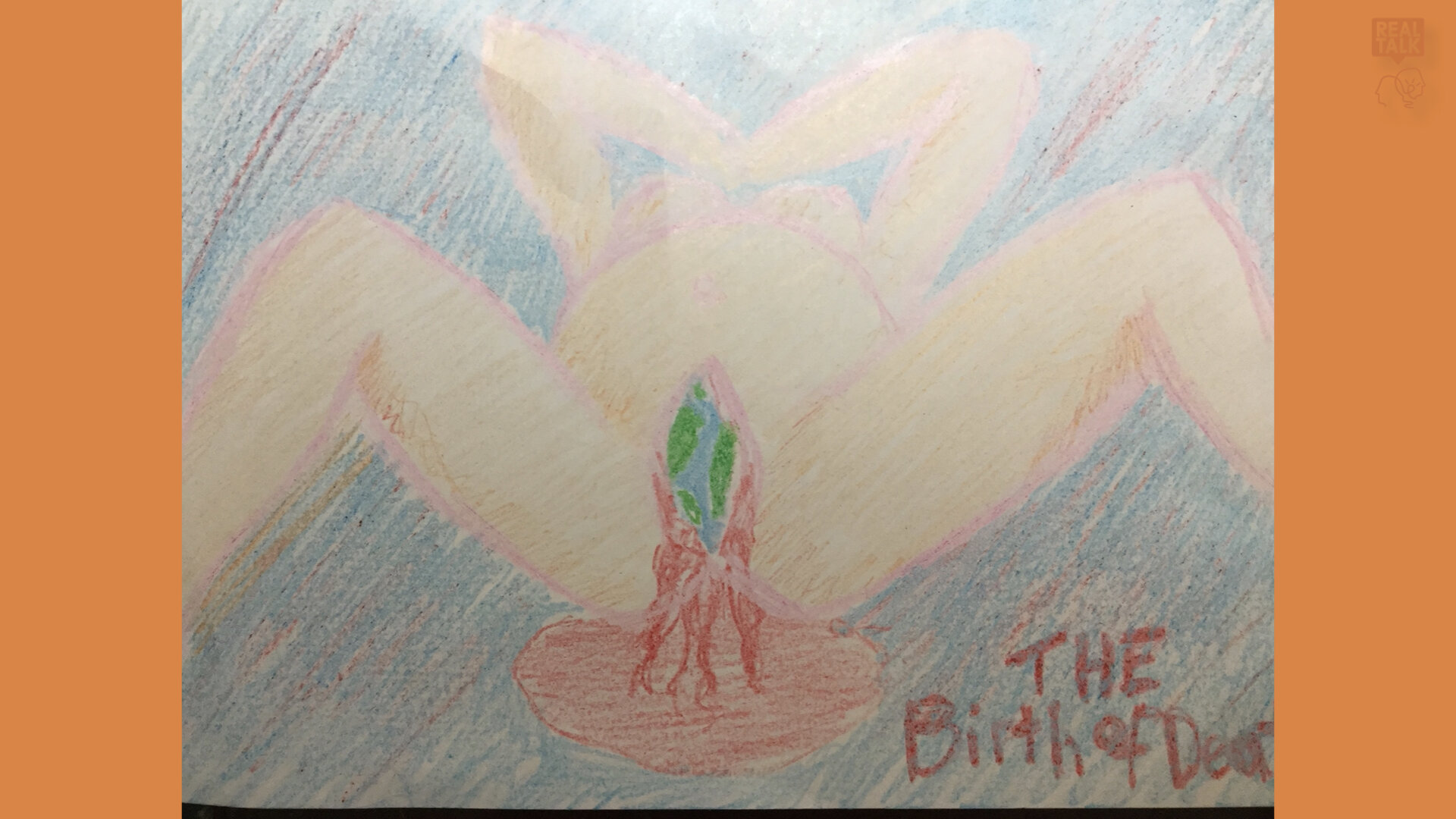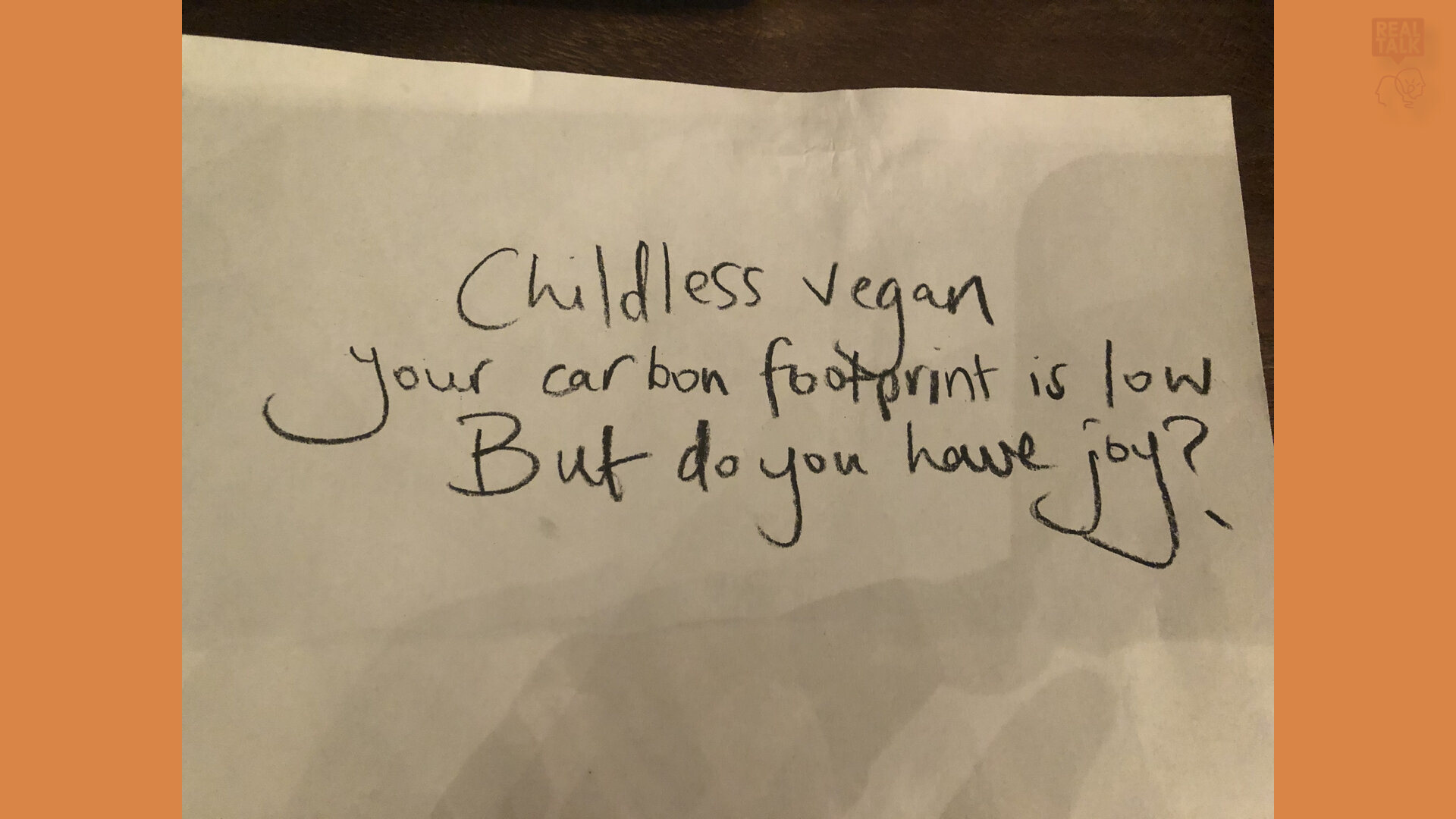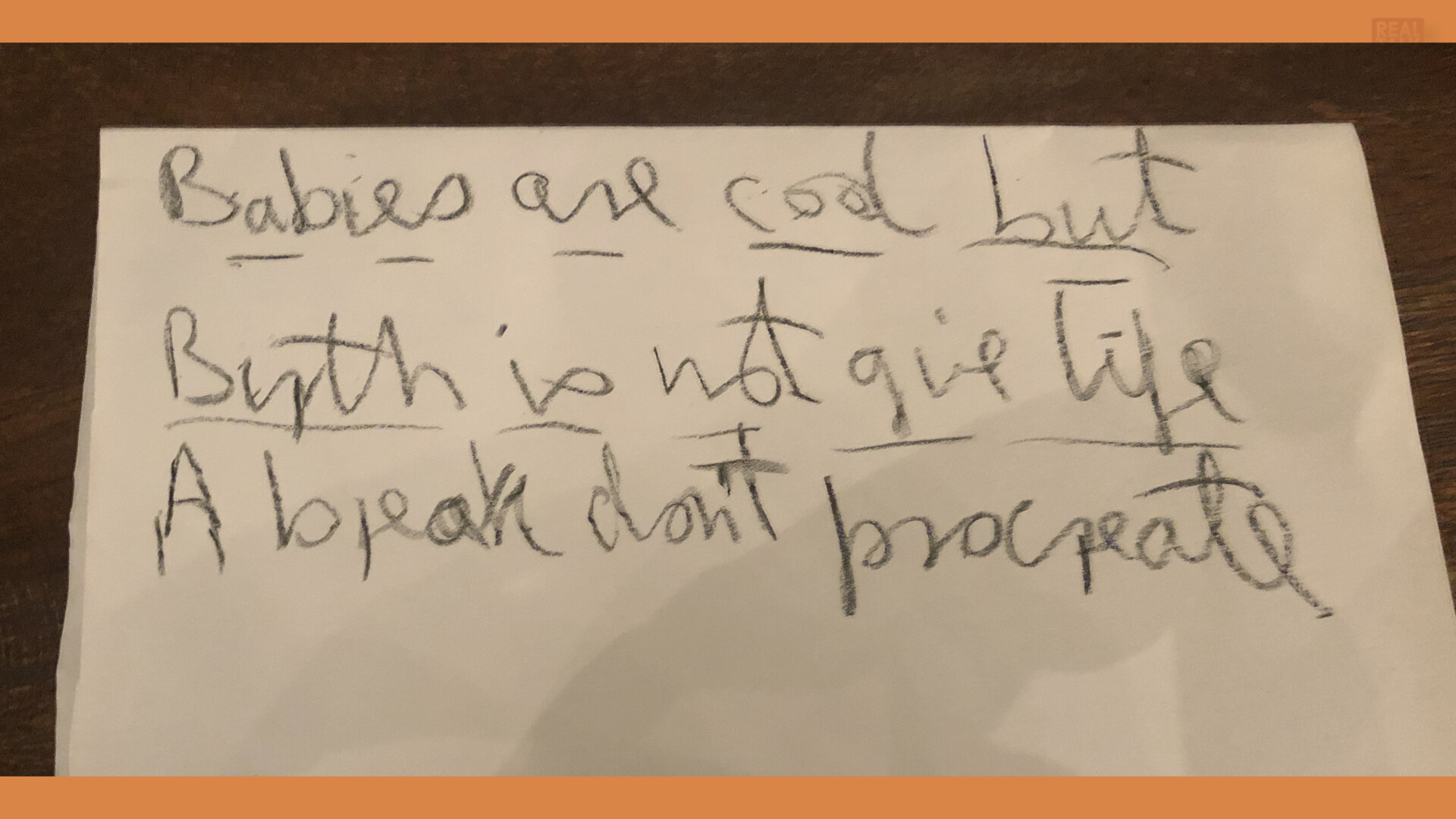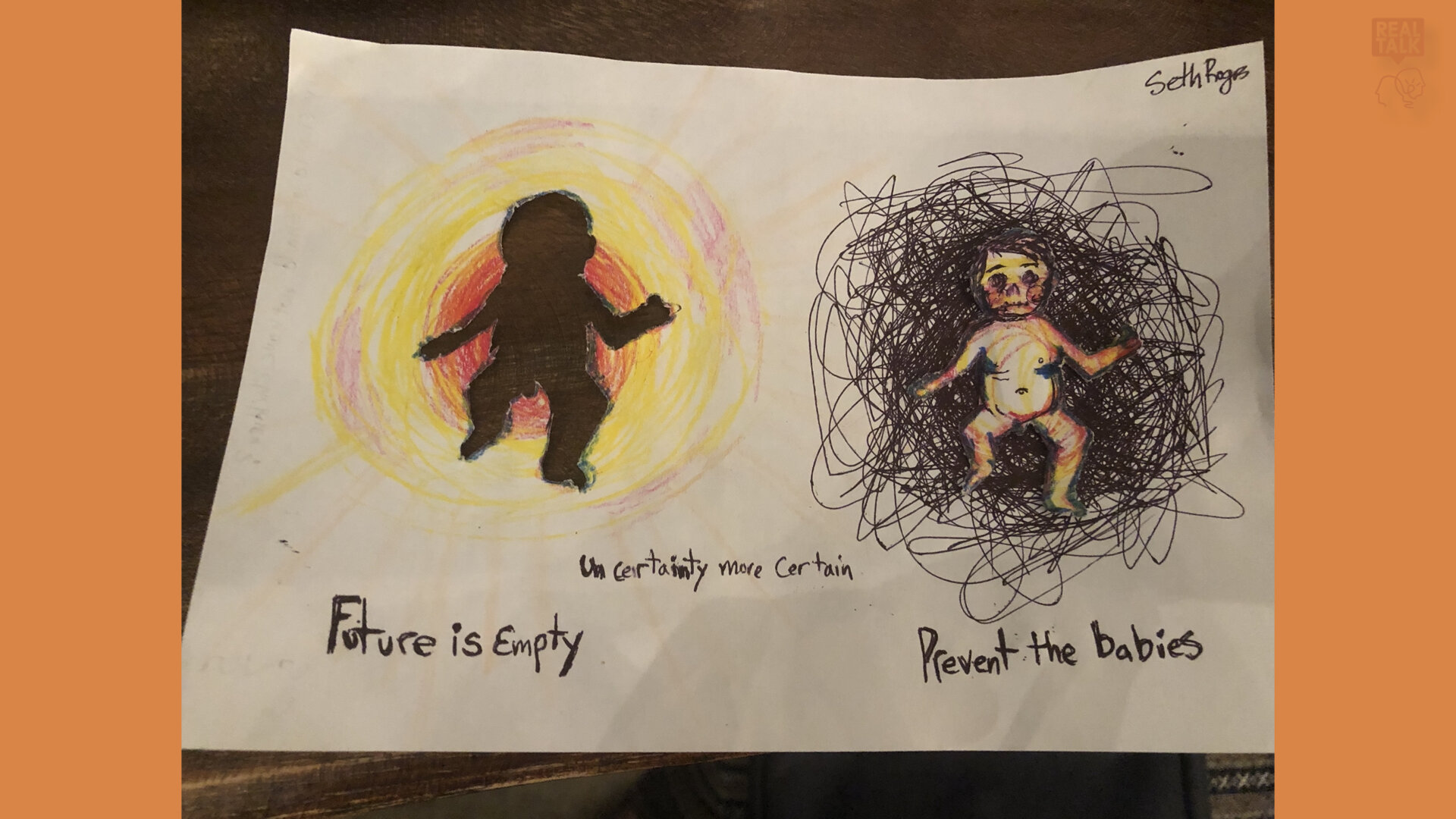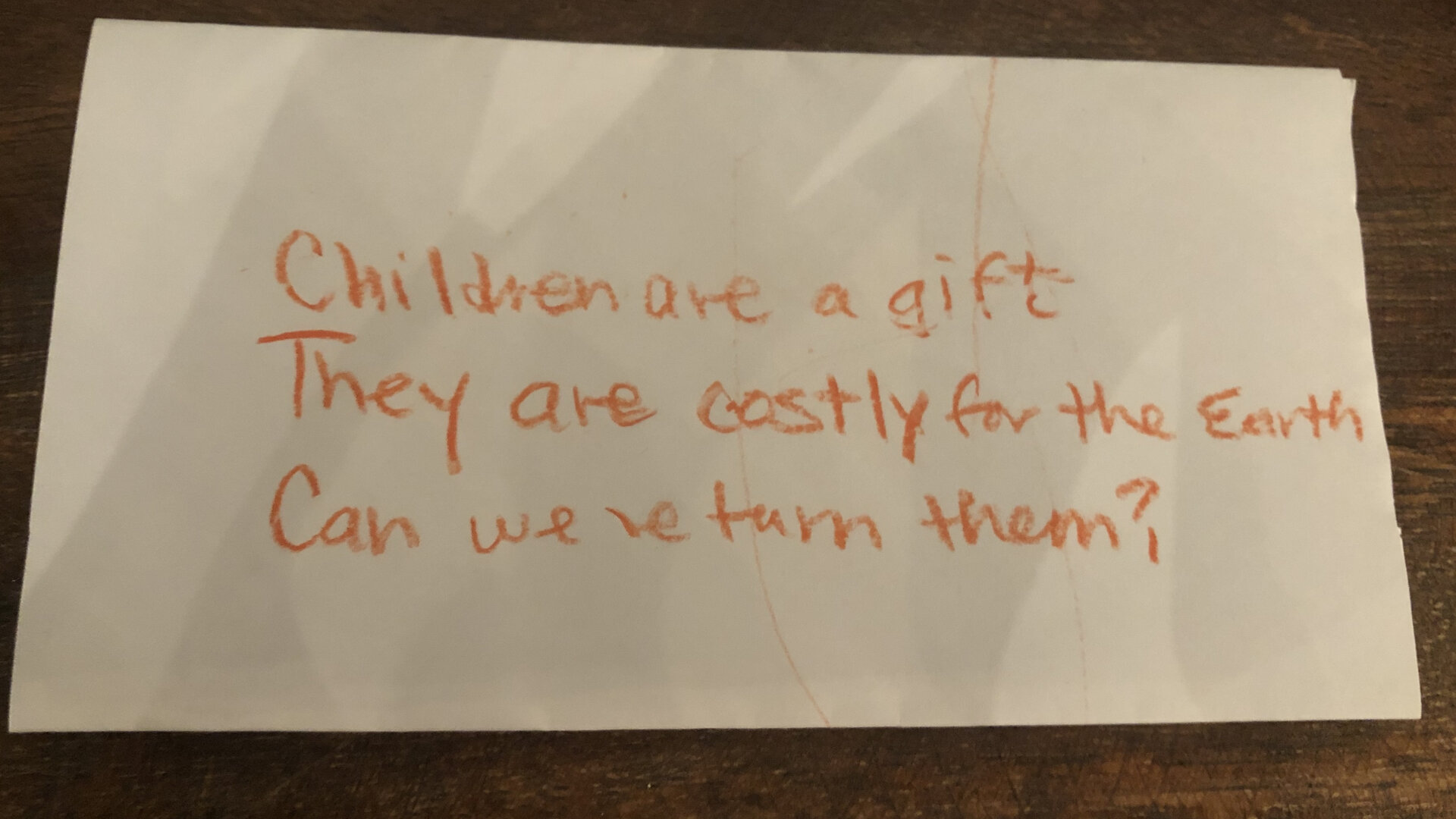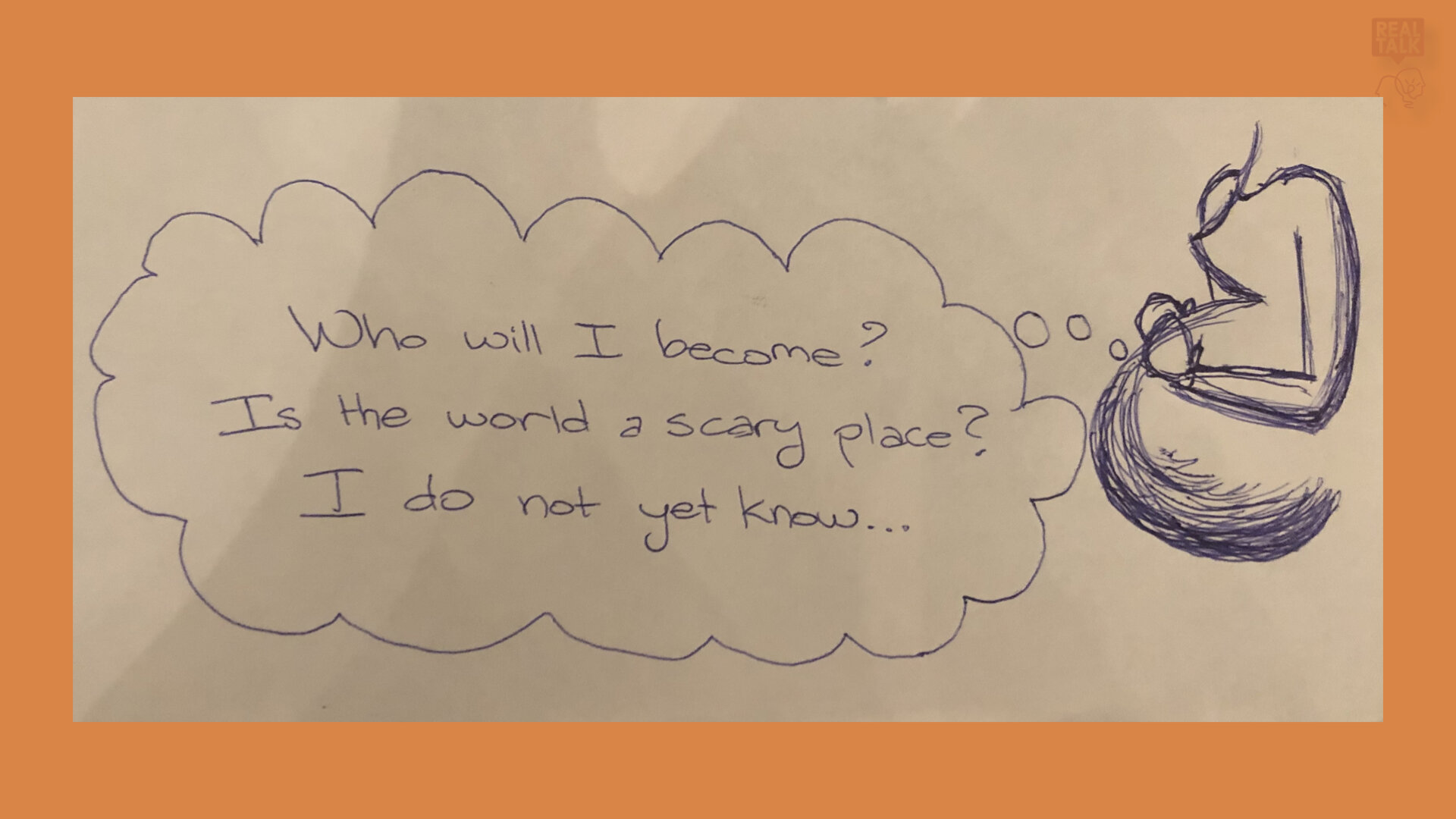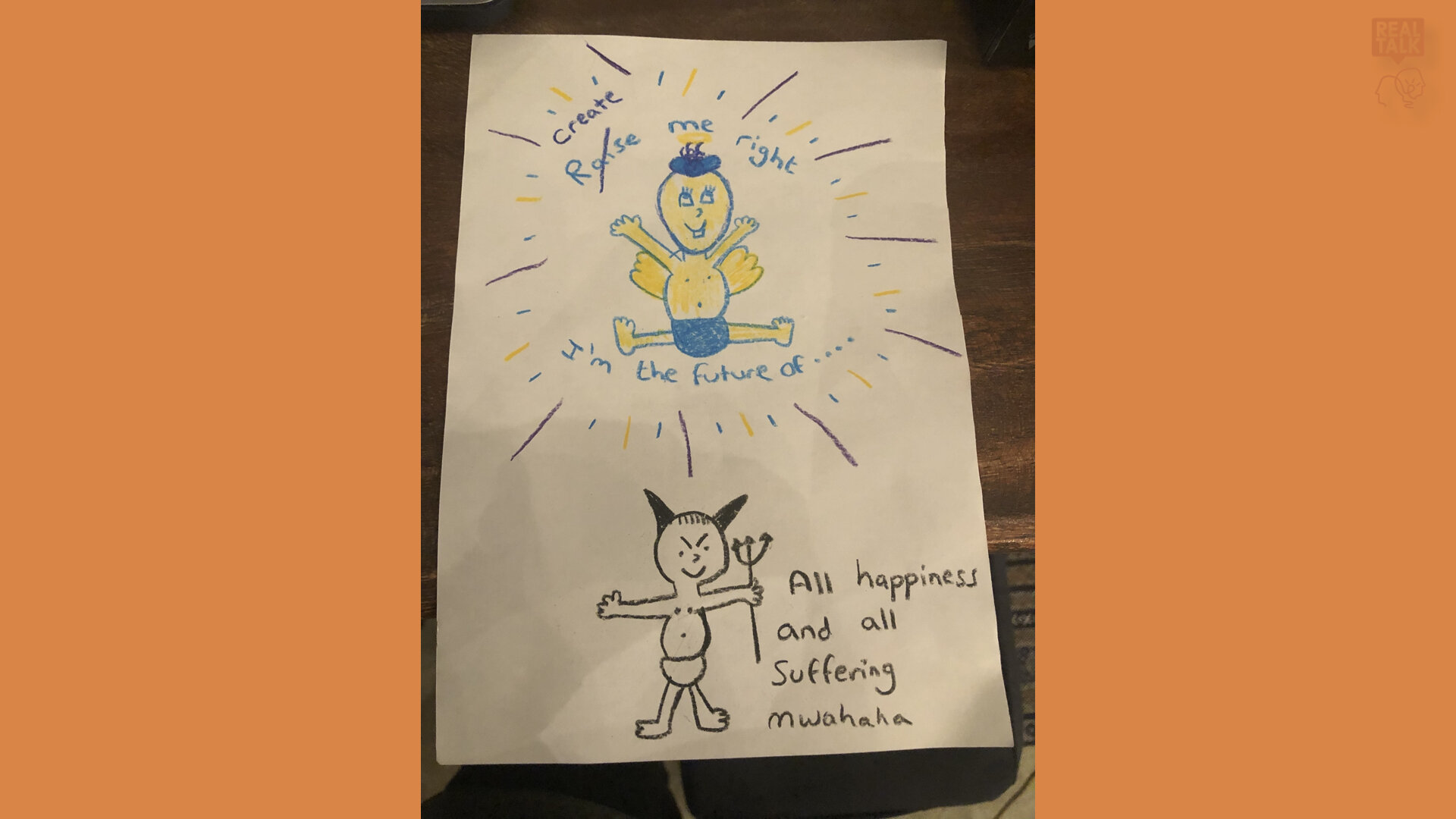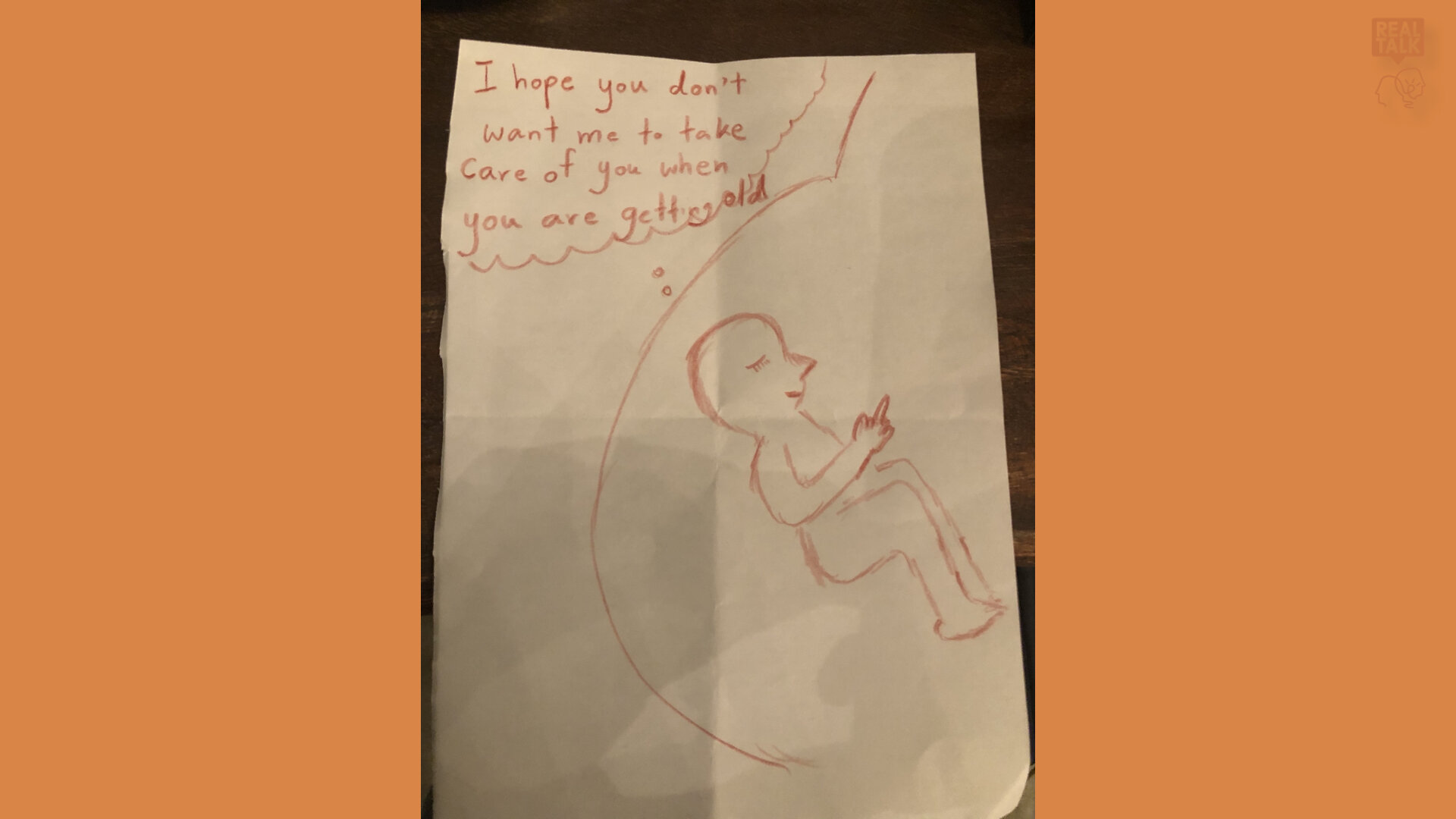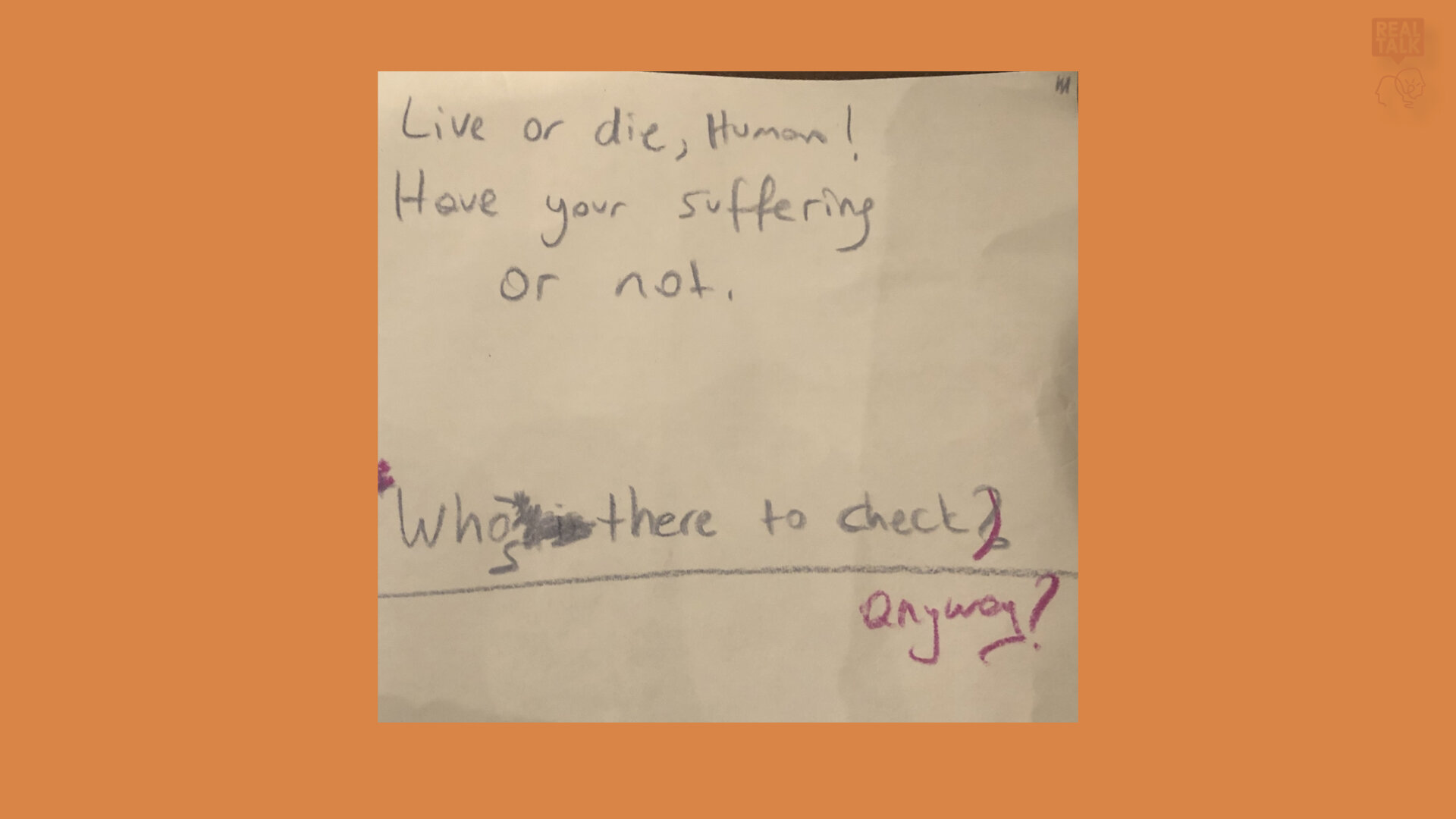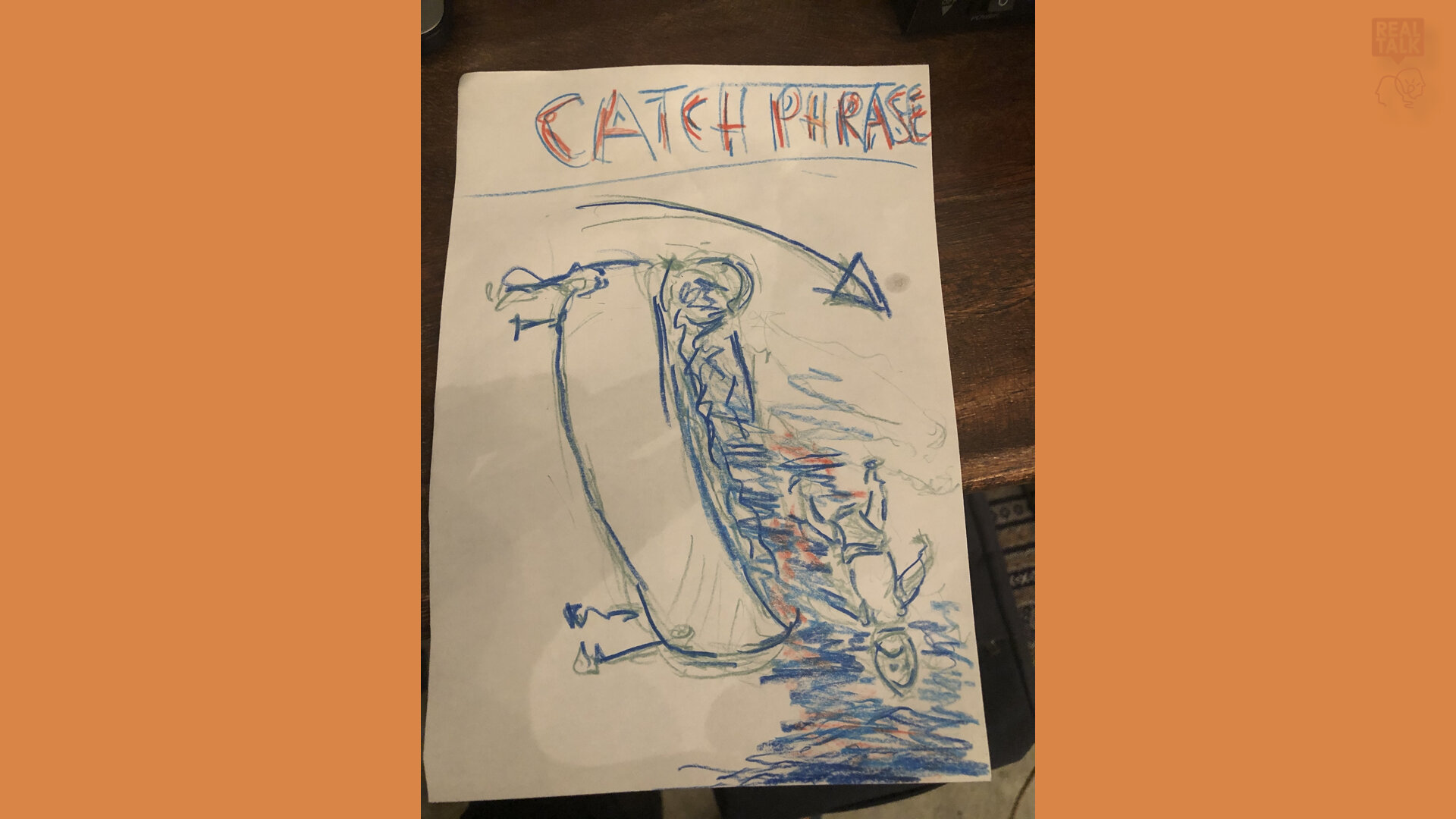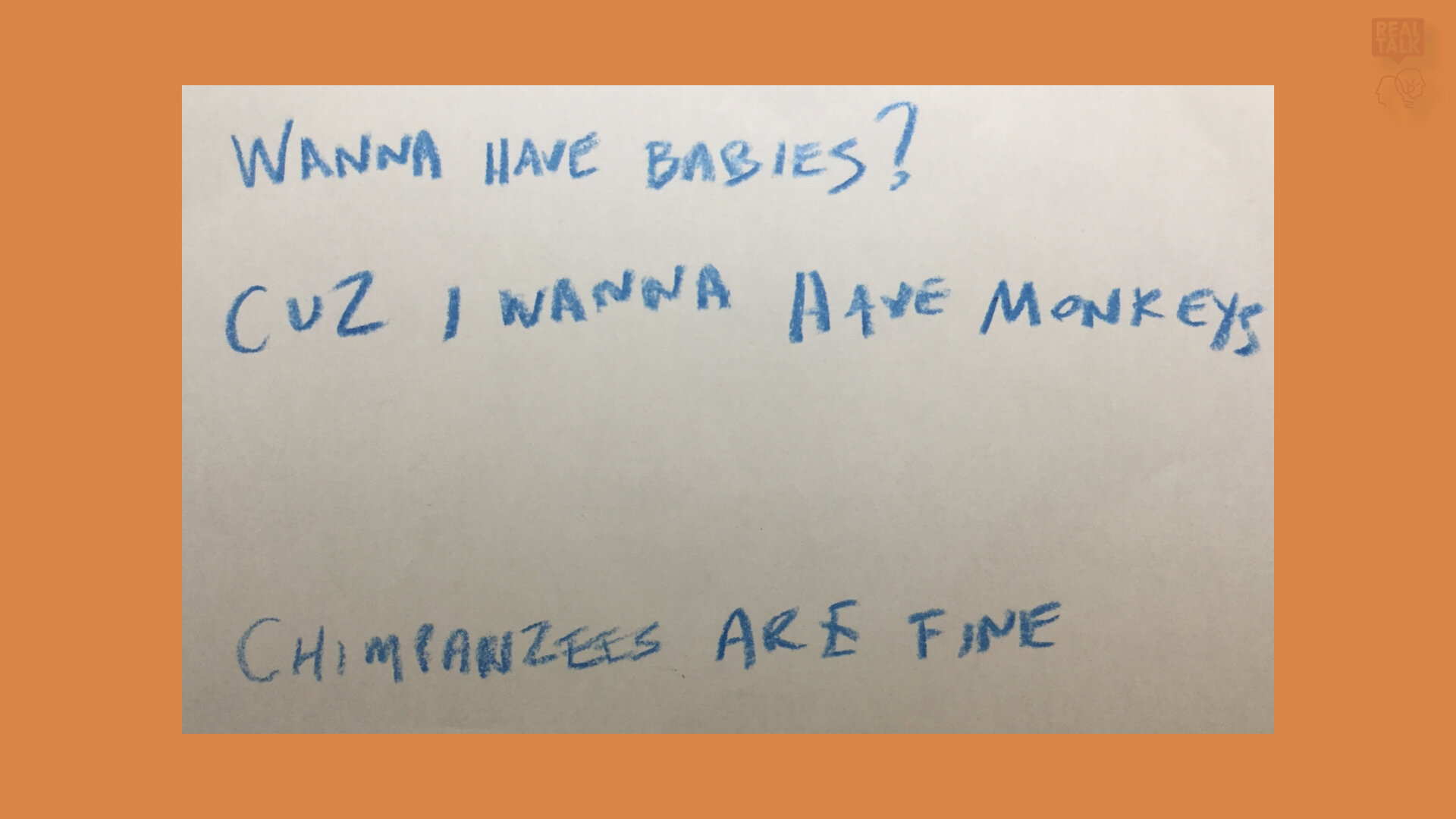Antinatalism
Real Talk Philosophy Artwork
Should we or should we not have children? This is an extremely difficult question to answer.
Why do I want to have children? Because I want to. Because that’s what’s expected of me. Because life is inherently good. Because I want to share the experience of love and care that I had when I was a child.
Why do I not want to have children? Because humans are terrible for the world. Because the world is turning into a much scarier place. Because life is suffering. Especially today we are facing more difficult challenges than perhaps we’ve ever seen before. Humans are destroying the planet, enslaving, maiming, and killing other animals, and we’re killing each other.
Introductory Discussion Questions
Do you have or want to have children? Why or why not?
Is it ethically/morally right to have children?
Should there be fewer people?
Is human life distinct from non-human animal life?
What is Antinatalism?
The word antinatalism comes from a combination of the words anti, whose Greek origin is “opposed to, against, opposite of”; and natalis, from the Latin pertaining to birth or origin, and natus the Latin verb to be born.
Antinatalism is a philosophical position that opposes birth. As Heinrich Heine, the 19th-century German poet wrote, “Sleep is good, death is better; but of course, the best thing would to have never been born at all”. It’s important that we compare and contrast antinatalism from voluntary childlessness. It’s also important that we differentiate between Local Antinatalism and Global Antinatalism. Local Antinatalists ‘oppose birth in particular cases or under certain circumstances.’ Whereas global antinatalists oppose birth by all parents.
Increase in Voluntary Childlessness
Why have we seen such a decrease in childbirth in the last 50 years?
We’ve seen this for many reasons. One of the primary factors is the increase in women’s education. All over the world, we see a consistent trend - as women’s education increases, fertility rates decrease.
Women’s education (most important factor)
Lifestyle impediment of parenthood
Women’s empowerment in the workplace
Availability of contraceptives
Urban living
Survival less dependent on family
Decline of religion
Declining child mortality
The Rising cost of childrearing
Since the 1960s, total global fertility rates have been cut in half. This is coming from the World Bank. This reduction is predominantly due to Voluntary Childlessness.
Antinatalism is a philosophical position
In comparison to voluntary childlessness, antinatalism is not a lifestyle choice, but a philosophical position which contends that procreation is morally wrong. Some antinatalists argue that this applies to all humans. Others argue that this applies to all non-human sentient beings as well. Antinatalists are not necessarily promortalism.
VHEMT
In 1991, the Voluntary human extinction movement was formed, encouraging people to stop having children, primarily for environmental purposes. Their motto? “Live long and die out”
It’s also important that we differentiate antinatalism from promortalism. Promortalism is a philosophical position and social movement that assigns a positive value to death. (i.e. Promortalists believe that the morally best thing to do would be to end suffering by ending our own lives. Promortalists say that the only thing that keeps most of them from killing themselves is the lack of willpower).
Arguments for Antinatalism
Now, let’s dive a bit deeper into the arguments for antinatalism (i.e. the arguments in favor of not having children).
First, overpopulation. The UN projects that the world population will surpass 11 billion by the year 2100. Many Antinatalists believe that human extinction is inevitable. The only uncertainty is when. Antinatalists argue that sooner is better than later. Why might antinatalists believe that the sooner we rid the planet of humans, the better?
You will die someday. And it’s probably going to be very, very unpleasant, and don’t forget, everyone you love will die too. More than 56.5 million people die every year (That’s more than 107 people every minute). The surest way to stop people from dying is to stop having children.
Euthanasia created by Lara Hardie Stewart for Real Talk Philosophy
But death is not the only bad part of life.
Life is Suffering
The Buddha’s “First Noble Truth” was Life is suffering. Now, the Buddha invented The Eight-Fold Path as a methodology to end suffering. But what’s the surest way to end suffering? Why not simply never exist? Suffering is not associated with lack of being, but with being.
Hari Singh Gour, the author of The Spirit of Buddhism, writes “Oblivious of the suffering to which life is subject, man begets children, and is thus the cause of old age and death. If he would only realize what suffering he would add to by his act, he would desist from the procreation of children; and so stop the operation of old age and death.
David Benatar, Professor of Philosophy at the University of Cape Town, and author of “Better Never to Have Been,” writes:
It is curious that while good people go to great lengths to spare their children from suffering, few of them seem to notice that the one (and only) guaranteed way to prevent all the suffering of their children is not to bring those children into existence in the first place.
David Benatar asks us to consider Mars. None of us spend a great deal of time worrying about how to combat the lack of pleasure on Mars. We’re not concerned about the fact that there’s no pleasure on Mars or anywhere else (as far as we know) in the Universe outside Earth. We do, however, spend a great deal of time worrying about and trying to extinguish the pain and suffering on Earth. This shows that we intuitively value the non-existence of suffering over the existence of pleasure.
Asymmetry of Pleasure and Pain
Benatar refers to this as his “Asymmetry of Pleasure and Pain.” He says:
The presence of pain is bad
The presence of pleasure is good
The absence of pain is good, even if that good is not enjoyed by anyone
The absence of pleasure is not bad unless there is somebody for whom this absence is a deprivation.
If humans were to exist (scenario A), the presence of pain (which is bad) and the presence of pleasure (which is good) cancel each other out. But, if humans were to never exist (scenario B), there would be no pain. And we say that no pain is good! There would also be an absence of pleasure. But we don’t tend to care about the absence of pleasure (like on Mars), so this isn’t bad; it’s just neutral. So we’re left with only a good!
Why particularly human life?
Now, some people wonder why it’s particularly human life that matters.
According to P. W. Zapffe, a Norwegian Metaphysician, humans are particularly capable of suffering because we are the…
Only species aware of its own mortality
Only species with such evolved level of consciousness and unique ability to suffer
Only species aware of its insignificance in the cosmos
Only species able to imagine the suffering of billions of creatures and feel compassion for their suffering
Birth is Non-consensual
“I didn’t ask to be born”, a common sentence which implies that birth is non-consensual. There is no escape without a very high cost (suicide is physically, emotionally, and morally excruciating). If no consent is possible, the default response should be inaction
Philanthropic antinatalism Vs. Misanthropic antinatalism
This brings us to another important distinction in the antinatalist debate. Philanthropic and Misanthropic antinatalism.
Philanthropic comes from the Greek philos meaning ‘love’ and anthros meaning ‘human’. So, philanthropic antinatalism is a philosophical position against having children because we love humans and we don’t want them to suffer.
On the opposite side of the coin, there’s misanthropic antinatalism. Misanthropic coming from the greek miso meaning ‘hate.’ So Misanthropic antinatalists opposed birth because they hate humans.
Now, why would anyone hate humans?
Some people, like Alec Arsène Girault (9 January 1884 – 2 May 1941), an American entomologist, argue that humans should be renamed from homo-sapiens to homo-perniciosus
Human treatment of each other
Mass murder, genocide, war, torture, rape, kidnapping, slavery.
Jim’s Juice created by Lara Hardie Stewart for Real Talk Philosophy
It has been estimated by the Food and Agricultural Organization of the United States that 77 billion farm animals are killed globally every year. 10+ million dairy cows genetically modified and forcibly impregnated every year. More than 100 million animals are killed every year for testing in the US alone. We test our drugs on living non-human animals
But I Like The Taste created by Hà for Real Talk Philosophy
Climatologists Wynes & Nicholas found that there is nothing an individual can do to curb their greenhouse gas emissions than have fewer children. They calculated that due to the food and products consumed, having one less child would be more effective than switching to veganism, living without a car, or recycling (to only name a few).
Climate Change created by Lara Hardie Stewart for Real Talk Philosophy
the cost of a child
According to the US Department of Agriculture, it costs $233,610 and 18,000 hours to raise a child from birth to 17. Of course, these numbers will be different in different countries. What else could this money and time be spent on?
Adoption
Many people recommend adoption as an alternative to a person having their own biological children. But many antinatalist thinkers say that this does not address the underlying cause; there just needs to be fewer humans. Also, there are loads of ethical implications of adoption that the subject is honestly worth its own night exploring.
Procreation licensing
one proposed solution is to institute state-controlled procreation licensing. That would require background screening, IQ testing, minimum income, and parenting classes. But there is a lot of pushback on this: Exactly who decides which people are allowed to be parents? Do we want the state to control how we raise our children? This sounds a lot like eugenics.
Discussion questions
Is a universe with life better than a universe without life?
Should we encourage non-human animals to stop procreating?
Should the state require parenting classes and licensing?
If governments were to adopt an antinatalist policy, how do you think they would do this?
What are the qualities of a good parent in the 21st century?
Is birth consensual?
Is human consciousness different from non-human animal consciousness?
Arguments against Antinatalism
Now, let’s move to some of the arguments made against antinatalism (i.e. in favor of having children)
Intuition that life is good
First, at a very basic level, many people simply feel a natural intuition that life is good. In fact, what we tend to mean by the word ‘good’ colloquially is ‘that which sustains life and its enjoyment.’
Life is not all suffering! Life is a joy! Life is fun!
Look around you. Most people seem to be enjoying their lives. Just feeling the air in your lungs, the air on your skin is an enjoyable experience. We believe this so strongly that we will allow ourselves to risk death and to be killed in order to save others whom we love. And sometimes to save strangers. Others are just excited for the joy of parenthood.
Also, historically, children have been had to help on the farm, in the family business, and with chores around the house. Many religions advise parenthood. As was advised in the Bible, in the book of Genesis, Chapter 1, Verse 28: “Be fruitful and multiply”
Intergenerational Stewardship of the Earth
If antinatalism is not enforced by every government in the world, if it’s left to choice, then only those people who care about the environment, about reducing suffering, about non-human animals, etc. - only these people will stop having children.
So in the next generation, there will be a world only with people who don’t care about the environment, who don’t care about non-human animals or about the elimination of suffering. In fact, the answer to the dilemmas we face today can not just be voluntary childlessness. It would be way easy to just educate people about these problems. Though it’s an extremely tall order, there’s a much greater chance of the world coming together to combat climate change, find peace between nations and religions, and stop harming animals through education and dialogue than by trying to convince everyone to stop having children.
Is human life really that bad?
These claims that life as humans is comprised of more suffering than life as non-human animals are questionable.
Non-human animals experience food insecurity, no guaranteed shelter, no forms of advanced communication (debatable), the constant fear of battle between other animals. So, if you are an anti-natalist, it may only be logically consistent to fight also for the end of procreation of all non-human animals as well. (Which many anti-natalists do)
Some people seem to be quite alarmed that the world is getting much worse, but there are many reasons to believe the world is getting better.
Life expectancy is increasing all over the world.
There’s evidence that we’re becoming less homophobic, sexist, and racist.
And having children gives many people purpose in life.
In fact, if you chose to not have children, you will be the first non-parent in a near-infinite chain of parents leading all the way back 4 billion years. That’s a third of the time the universe has been here. That’s a third of the time that time has existed… or so we think.
Consciousness
Now, the question of consciousness is actually quite strange in relation to antinatalism. Some antinatalists, like David Benatar, argue that all sentient lifeforms, that is, all conscious lifeforms, should stop procreating. Because conscious lifeforms are those that have the potential to suffer. It’s believed that non-conscious beings can not suffer. Benetar, then, is happy to let them continue procreating. He concedes that we cannot be certain of which beings are conscious and which are unconscious.
This is such a strange part of this argument. When deciding the morality of whether to kill someone/something, ethicists often rest the decision on whether or not the lifeform has consciousness. If conscious, ethicists usually say it is morally reprehensible to kill. If not conscious, ethicists usually say it is morally acceptable. But in the case of antinatalism, it’s argued that the being’s consciousness is a reason for it no longer exists. Because only conscious beings are able to experience suffering.
Pro-natalists recognize that most humans choose to not kill themselves. Therefore we value existence and life over non-existence. Every moment that we do not kill ourselves is an affirmation of our desire to live. Of course, antinatalists in response then say that there is a significant difference between keeping children from being born and ending life now that it’s here.
Others say that the only reason we do not kill ourselves is because we do not see the world clearly. We choose to live in a delusion where life is valuable. Also, there are many biological systems that are very difficult to fight against that keep us from killing ourselves. So we’re in a prison. A prison that keeps us arrested to life.
Sometimes, non-consent is ok
We violate consent all the time. Arresting people and putting them in prison. Making children eat their vegetables. The entire education system. Most of raising a child are comprised of forcing children to do things they do not want to do, that they will later be grateful for. Most people like their lives and retrospectively give their consent for being born
Can an unborn child give consent to be born?
This may be a nonsensical question. Like asking what happened before the Big Bang. The Big Bang is when Time began. There was no time ‘before the Big Bang.’ It’s a non-sensical question. Perhaps we’re able to say equally as little about the desires, will, or autonomy of an unborn person. Arguing that birth is nonconsensual leans into an area of existence that science knows so little about.
There are three basic ideas here.
Is there a soul that actively chose to enter the vessel of the newly conceived fetus? We don’t know.
Was there a soul that was nonconsensually dragged into existence? Maybe. We don’t know.
Maybe there is no soul. Maybe the conceptualization of the self is an invention of the brain, and therefore questions of autonomy and consent can’t apply to unborn fetuses.
And we may just fundamentally have no idea what the value of our existence is, just as much as a bee is unaware of its value in the ecosystem. The bee likely has no idea what a pivotal role it has in the sustenation of the ecosystem. People choose to not have children because they think it would be immoral, because of the destruction to the planet or to other animals, etc. But there’s a chance that this claim makes no sense. Perhaps this is the most interesting question on the pronatalist side: does morality even exist in a universe devoid of human life? Devoid of sentient life?
Discussion questions
Is it possible to raise a child as a nomad?
Do morals exist in a world absent of human life?
Does the joy of life justify its suffering?
Should human/sentient life continue forever? Why?
Is a world with life better than a world without life? Why or why not?
Is the world getting better or getting worse?
